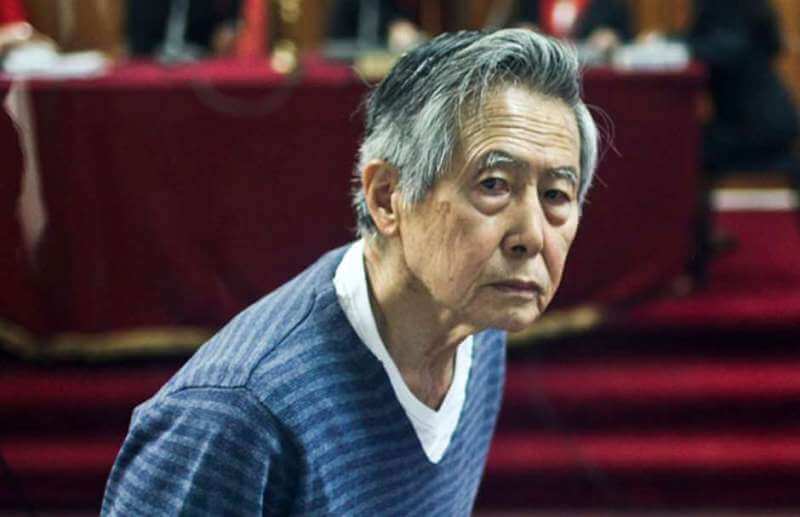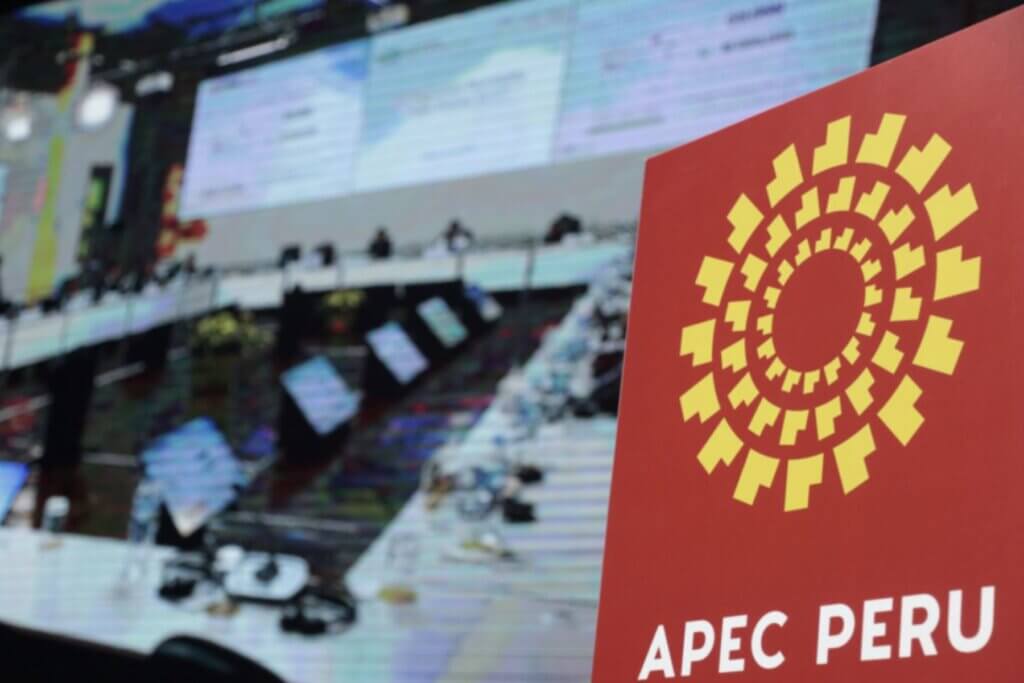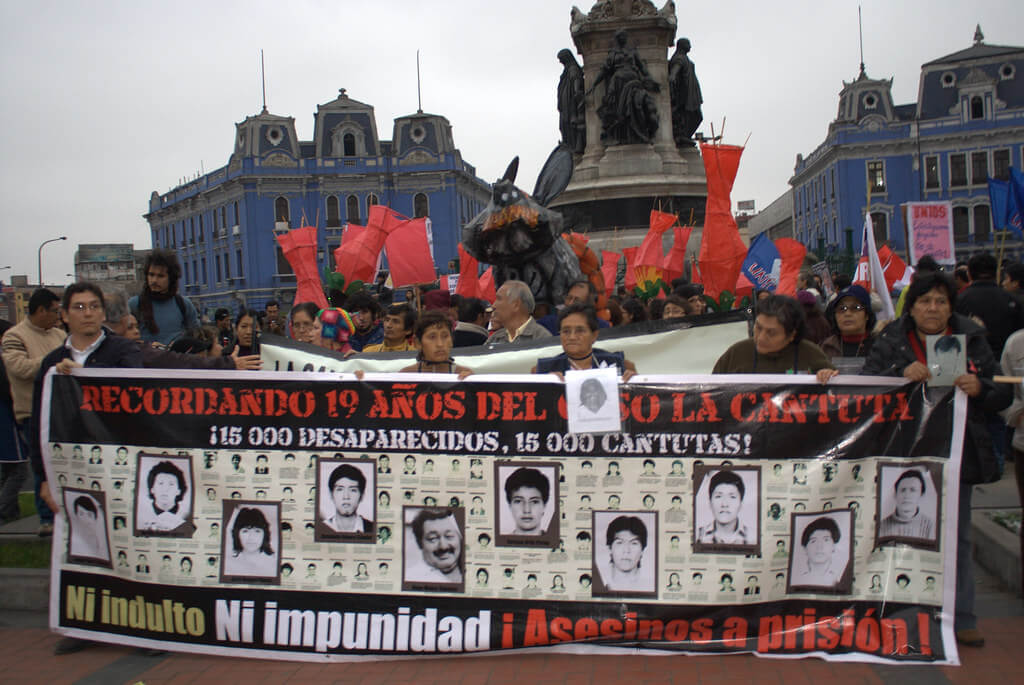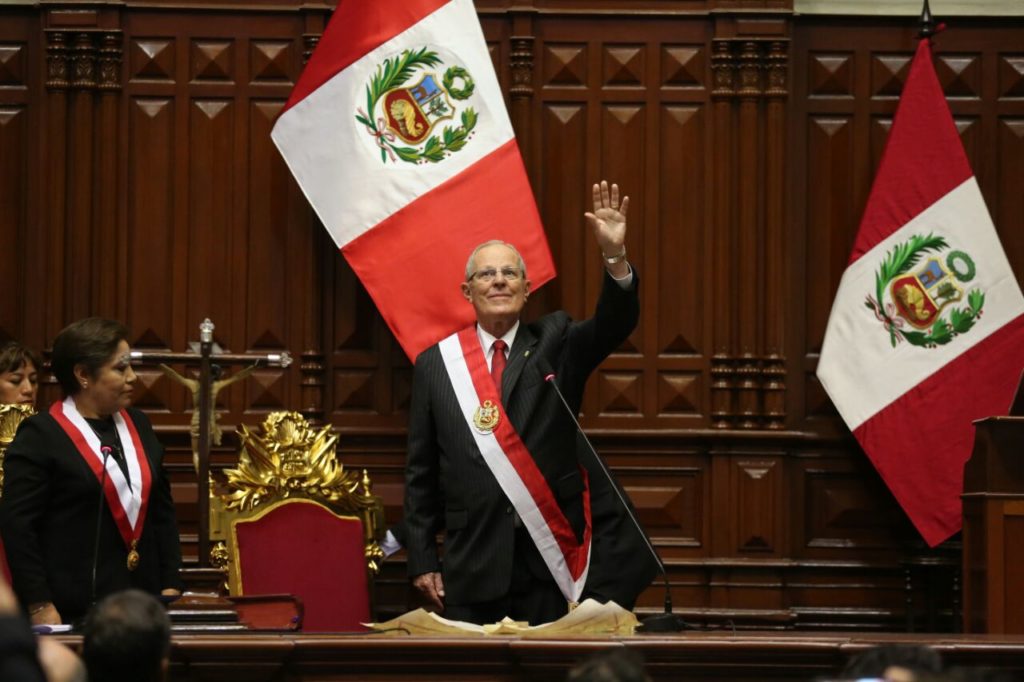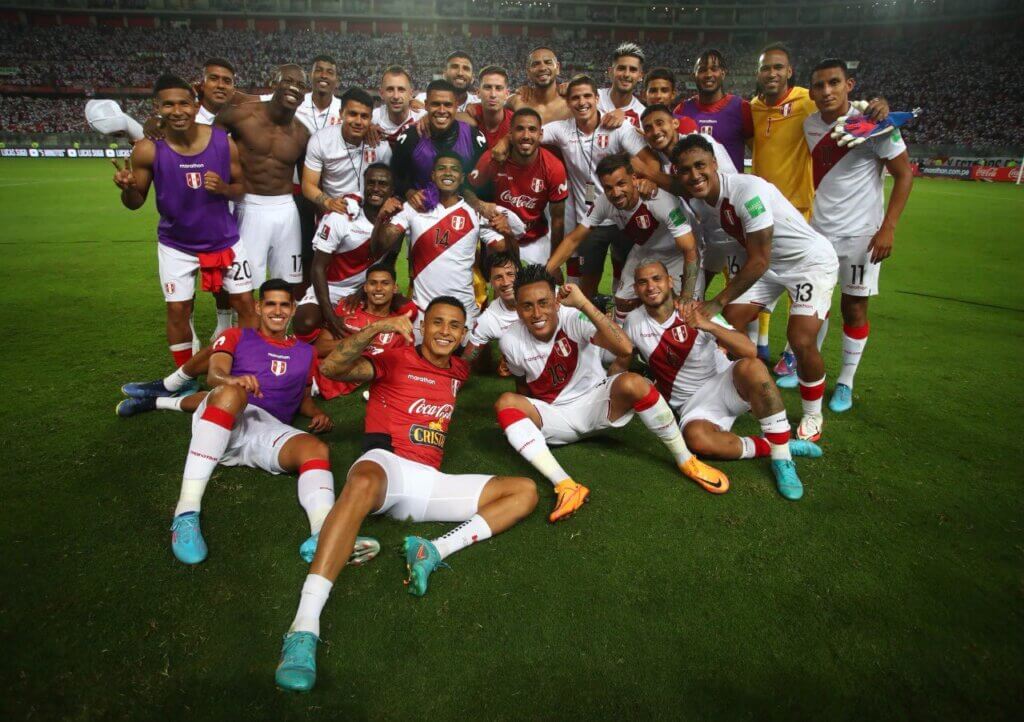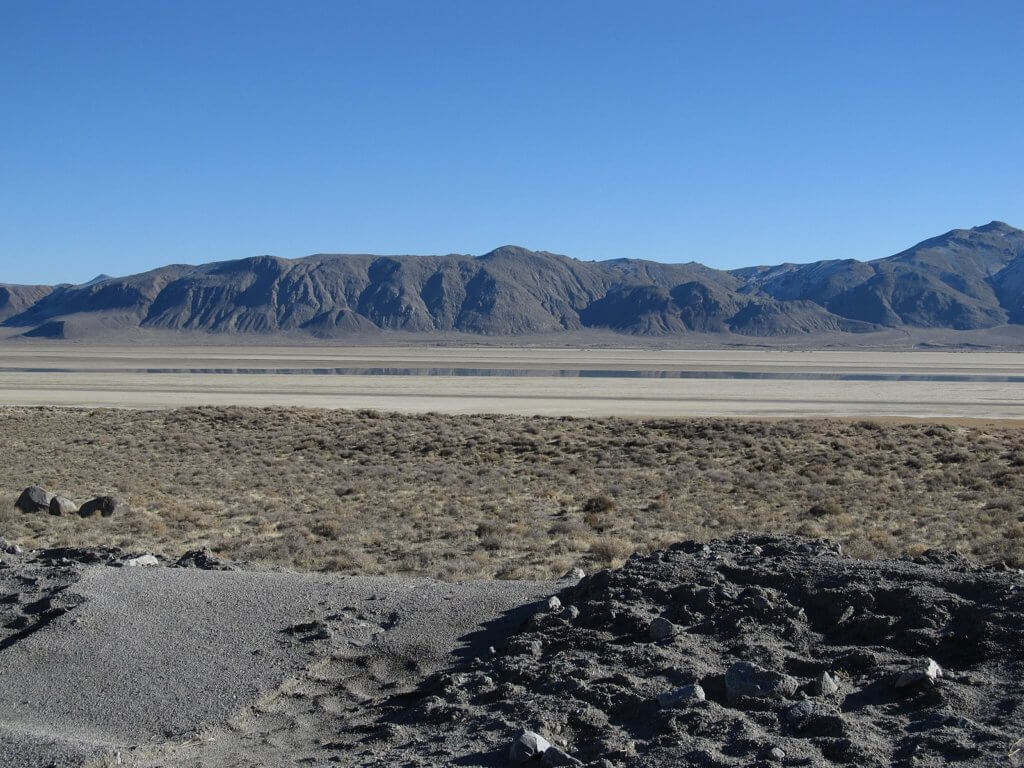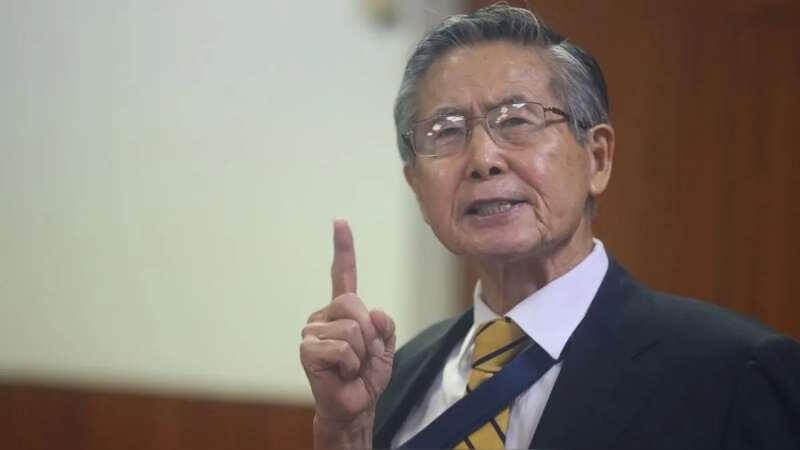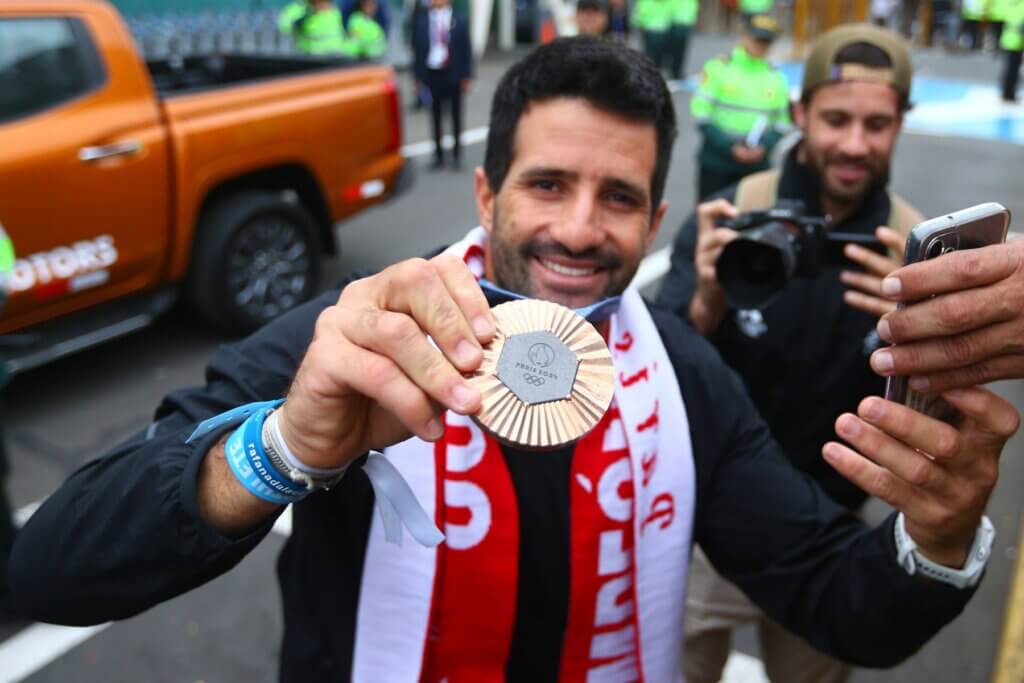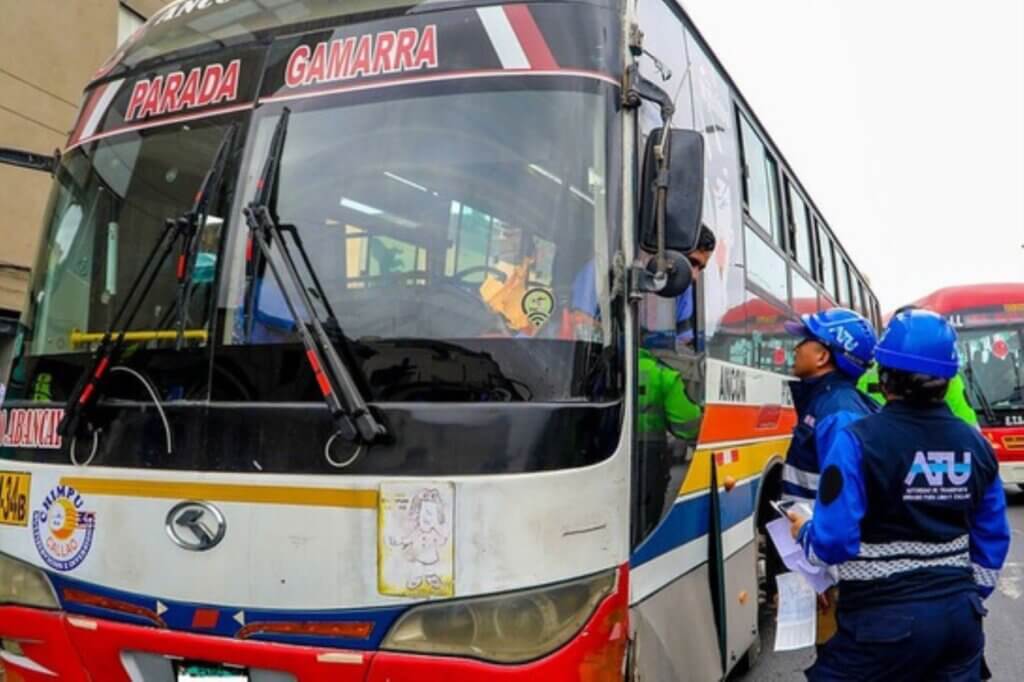Peru’s Constitutional Court last week ruled to release former President Alberto Fujimori who has been serving a 25-year sentence for human rights abuses. This is the latest win for the former president’s supporters who’ve fought a years-long legal battle with human rights activists and political opponents who say the 83-year-old Fujimori should serve out the entirety of his sentence.
Peru’s current President Pedro Castillo — who defeated Mr. Fujimori’s daughter Keiko in elections last year — has opposed the court’s ruling, and his Vice Minister of Justice, Juan Carrasco Millones, said that the administration is coordinating actions to nullify the ruling.
It’s expected that the administration will ask the Inter-American Court of Human Rights (IACHR), of which Peru is a signatory, to assess the legality of the ruling.
“The institutional crisis I referred to in my message to the congress is reflected in the Constitutional Court’s latest decision. The international organizations to which Peru belongs and the rule of law must safeguard the effective exercise of justice for the people,” said the president on Twitter.
After the ruling last week, the IACHR expressed their “deep concern” for the reinstatement of the pardon.
“The Inter-American Commission on Human Rights manifests their deep concern for Peru’s Constitutional Court decision that commands Alberto Fujimori’s release, after being sentenced for crimes against humanity,” the international body wrote in a press release.
Mr. Fujimori was first pardoned in 2017 by then-President Pedro Pablo Kuczynski, who argued the aging leader should be let out due to health concerns. At the time, Mr. Kuczynski’s opponents argued it was a political ploy to shore up support from Fujimori sympathizers in Congress, which was considering impeaching Mr. Kuczynski. (Mr. Kuczynski would go on to resign the presidency in 2018 ahead of a likely impeachment).
In 2018, a lower court revoked the pardon, considering it did not meet the legal requirements.
Alberto Fujimori has been hated and lauded in Peru for years
A polarizing figure, Mr. Fujimori has been championed by supporters for spurring economic growth in Peru as well as beating back its leftist-guerilla movement Shining Path, and chastised by opponents for human rights abuses and corruption scandals during his ruling years.
He was Peru’s president from 1990 until 2000, when he fled to Japan after facing corruption charges and impeachment. While in Japan, Mr. Fujimori delivered his resignation.
In November 2005, Mr. Fujimori made a surprise visit to Chile where he was expected to relaunch a campaign for the presidency in Peru.
Instead, he was detained and in 2007 was extradited to Peru where, in 2009, he was sentenced to 25 years in prison for human rights abuses carried out while in office.
The political leader was found guilty of atrocities including being the intellectual author of civilian massacres in the Barrios Altos and La Cantuta neighborhoods of Lima, and for the kidnapping of a businessman and a journalist during a 1992 self imposed coup designed to consolidate Mr. Fujimori’s power.
On Saturday, hundreds of citizens protested in Lima chanting, “The pardon is an insult.”
During the protests, the sister of a college student who disappeared during Fujimori’s crackdown on civilian dissidents in the early 1990s told EFE news agency that the Constitutional Court “is embarrassing Peru’s judicial system with a pardon full of vices.”
In a public statement, Peru’s Prime Minister Anibal Torres, drew on the historical context of other authoritarian rulers like Adolf Hitler, stating:
“We have to recognize his good deeds (Fujimori’s), but I will give you Germany as an example. Wasn’t it Hitler that made Germany a world power? It was him, but he was condemned not only by Germans, but by the entire world for the crimes he committed.”
Mr. Fujimori is currently serving out his sentence in a prison specially designed for him in Lima, where he reportedly spends his time cultivating flowers and painting.


